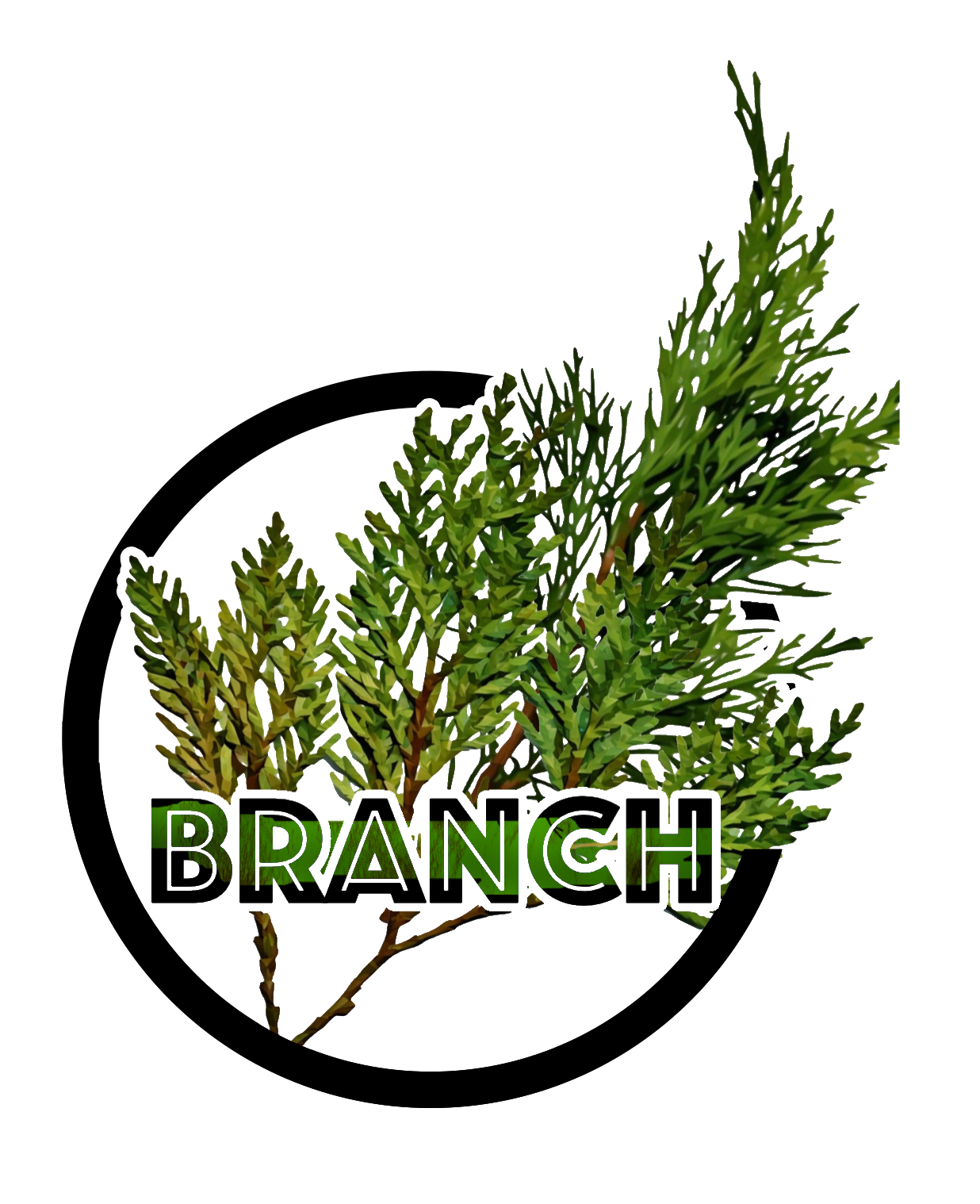
Learn More About Us
Project Overview
Addressing Gaps in Research
Promoting Safety, Wellness and Agency.
This project aims to address gaps in how research is conducted, and ensure that researchers are equipped to conduct research in a way that acknowledges and supports those impacted by trauma and violence.
The goal of this project is to promote the safety of Indigenous Peoples in research settings and provide the support needed to create an environment of safety, wellness and agency.

TVIC & Cultural Safety
Research has been proven to be beneficial when used to identify and address community needs, however it has often been unethical. Resources such as ethical guidelines to research, have been made available to prevent harm, but these often fail to demonstrate how to implement ethical guidelines and principles in practice.
Looking at beneficial practices applied in healthcare, there are two approaches that have been successful in reducing harm and creating safe environments; Trauma and violence-informed care (TVIC) and Cultural Safety.
TVIC
Trauma and violence-informed care is about acknowledging the inherent power imbalances in these settings, and how these factors can reproduce trauma and ultimately cause harm.
Cultural Safety
Cultural Safety focuses on power imbalances in the context of colonialism, and advocates for taking an approach deemed safe by the patient rather than the clinician.

This project will be community-led and collaborative with 4 distinct goals:
Discover an understanding of the needs of First Nations, Métis Peoples, and Inuit, including members of the 2SLGBTQQIA+ community, as they relate to TVIC and culturally safe engagement in research.
Create a training resource for researchers and trainees that supports the implementation of TVIC and Cultural Safety practices in research.
Evaluate the resource for its effectiveness in real world research environments.
Design and implement community-engagement and knowledge mobilization strategies to facilitate sustained uptake of the resource across Ontario.
The project will take a community-led approach and be guided by an Indigenous Content Committee (ICC), who will direct the research team.

